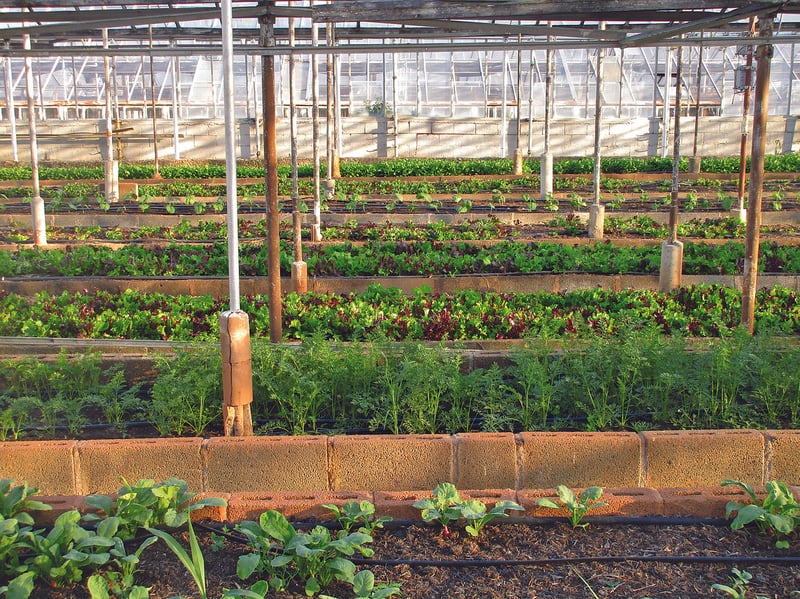Urban Farms
The Rise of Collaborative Gardening Initiatives and Urban Farms
In recent years, there has been a growing trend towards collaborative gardening initiatives and urban farms in many cities around the world. These initiatives are not only transforming unused urban spaces into green havens but also fostering community engagement, promoting sustainability, and providing fresh produce to local residents.
Benefits of Collaborative Gardening Initiatives and Urban Farms:
- Community Building: Collaborative gardening projects bring people together, fostering a sense of community and belonging.
- Sustainability: Urban farms promote sustainable practices such as composting, rainwater harvesting, and organic gardening.
- Access to Fresh Produce: Residents living in food deserts or urban areas with limited access to fresh produce can benefit from urban farms.
- Green Spaces: Transforming vacant lots into green spaces improves air quality, reduces the urban heat island effect, and provides habitat for wildlife.
Examples of Collaborative Gardening Initiatives:
One inspiring example is the GreenThumb program in New York City, which supports community gardens across the five boroughs. These gardens not only beautify neighborhoods but also serve as educational hubs for sustainable gardening practices.
Urban Farms Making a Difference:
The Trustees of Reservations in Massachusetts manage several urban farms that provide fresh produce to local communities while educating the public about agriculture and food systems.
Get Involved!
If you're interested in participating in a collaborative gardening initiative or supporting an urban farm in your area, consider reaching out to local community centers, non-profit organizations, or city government agencies for opportunities to volunteer or donate.

Joining a collaborative gardening project or visiting an urban farm can be a rewarding experience that allows you to connect with nature, learn new skills, and contribute to a more sustainable and vibrant community.
